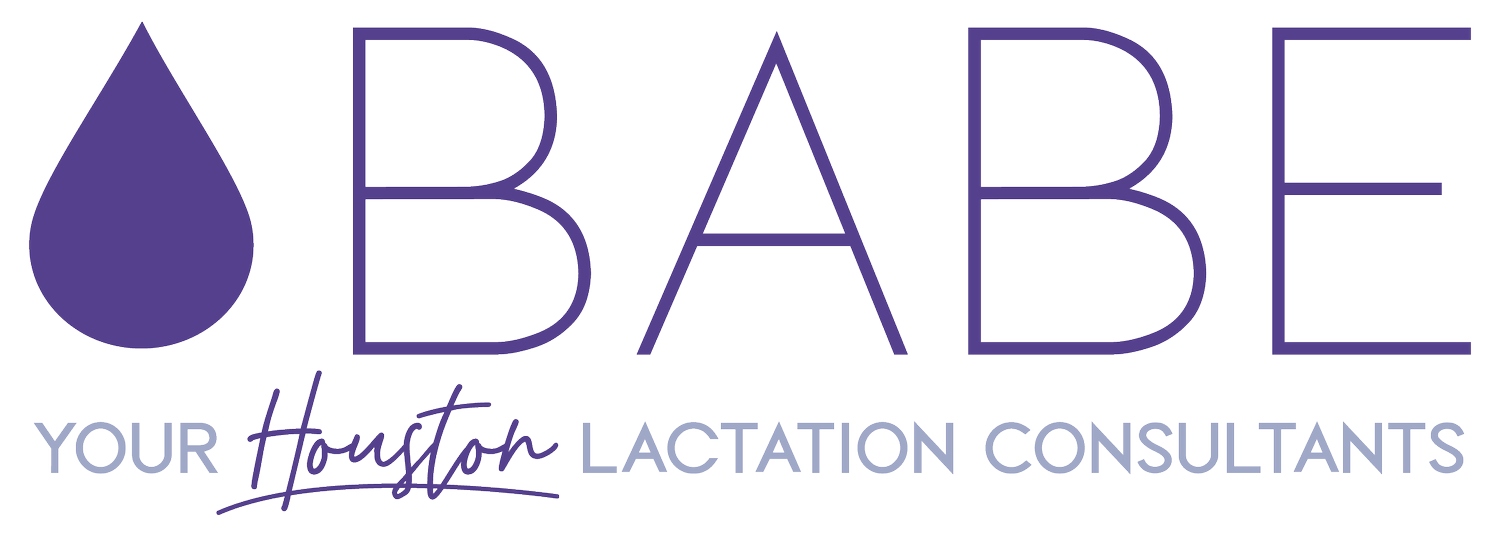Lactation Derailment Can Begin in the Hospital: 10 Tips for Avoiding a Trainwreck
I must preface this blog by explaining that fourteen years ago I became a mother/baby nurse, and ten years ago I became the resident childbirth educator and "breastfeeding counselor" on staff at a local hospital. We did not have an IBCLC on staff, so I was IT until we hired another educator. My training as a nurse, some time as a member of La Leche League and my own personal breastfeeding experience was all I had in my arsenal. Though I wasn't "official," I worked the position of a lactation consultant. And it wasn't easy...so many moms...so little time...so many interventions. That being said, please read the following with the understanding that I have been "on the other side," doing my best as a nurse to help fresh babies latch...bending over beds as an educator positioning babies and sandwiching breasts for moms who were too sleepy on pain medication post-cesarean to do it themselves.
A week ago, I had the privilege of visiting a new family in the hospital to provide assistance with breastfeeding. She has given me permission to share my observations.
When I arrived, I had dad undress baby down to diaper and in skin to skin with mom. The baby was only 36 hours old and very sleepy after a long labor and difficult delivery. Mom, Dad and I chatted for a moment then got to the business of latch. The baby would not wake up.
A nurse came in to give mom pain medication.
Though I was not surprised at the baby's behavior, he appeared jaundiced, and I knew it was important to get colostrum into him. So, we proceeded to hand express and collect colostrum to spoon/syringe feed him.
Then the baby photographer came in to show the picture previews.
Mom asked her to come back later. (Reminder: Mom is sitting in hospital bed with her breasts exposed.) We continued hand expression and then fed the colostrum back to the baby. He began to exhibit some hunger cues, so we put him back to the breast.
The OB came in to check on mom.
Once again, latch attempt without success. More hand expression.
Knock, knock? Have you had a chance to look at your pictures? Baby photographer again. (Are you kidding me?)
More teaching, more skin to skin....fed baby more colostrum.
A different nurse came to check on mom.
Another latch attempt...
The first nurse came back to tell mom the baby's procedure had been delayed.
We wrapped up latch attempts (and the baby) as we knew the nursery nurse would be coming to get the baby soon. He was happily sleeping in Grandma's arms as we discussed a care plan.
Persistent photographer, back again, insisting on showing the pictures.
I wrote out mom's care plan.
Nursery nurse came to retrieve baby.
I ensured mom had my number for questions, planned to follow up with a home visit, and I made my exit. Did you count the number of interruptions? How long do you think I was there?
Eight interruptions in one hour and fifteen minutes.
I left there concerned about derailment and feared I would encounter a trainwreck at her home visit. Fortunately, when I arrived, breastfeeding was going well and she needed very little assistance from me at the follow up.
Now, I realize everyone that came in just saw me as a visitor. They weren't aware of who I was or why I was there. However, my presence aside, feeding her newborn was mom's priority, but what was the priority for the people that kept interrupting? Definitely not feeding a 36 hour old, sleepy newborn who appeared jaundiced.
How can a mom even think about getting breastfeeding established when she is being bombarded by staff from all sides? It's sensory overload. As a private practice lactation consultant, I see the outcome of this all the time....the trainwrecks...the result of the cascade of interventions.
What steps can you take to avoid the trainwreck?
Take a prenatal breastfeeding class so that you know what's normal for the early days of breastfeeding.
Hire a Doula to minimize birth interventions which can lead to troubles breastfeeding.
Find a breastfeeding friendly pediatrician who will support your breastfeeding goals.
Research local resources for breastfeeding help that are available to you once you get home such as La Leche League or private practice lactation consultant that is an IBCLC (International Board Certified Lactation Consultant).
Prepare your partner to be the gatekeeper after delivery to minimize interruptions in your breastfeeding. You may also want your partner to accompany your newborn to the nursery to keep watch and ensure your feeding preference is respected.
Hand express your colostrum and feed back to the baby. Doing this up to 6 times a day can increase and speed copious milk production.
Reinforce your desire to breastfeed without any supplementation to every nurse that you have contact with.
Room-in with you baby to keep your baby close and to learn his hunger cues.
Better yet, keep your baby "on" you to facilitate skin to skin contact which has been shown to stabilize temperature,
heart rate and oxygenation. You are your baby's best habitat!Ask to see the lactation consultant...and keep asking....getting help early is so important!



